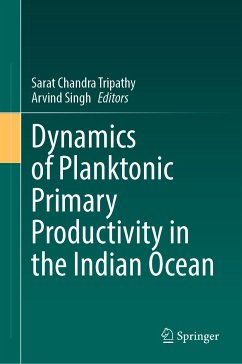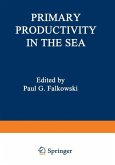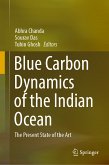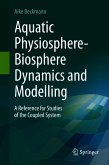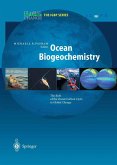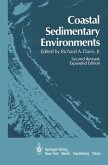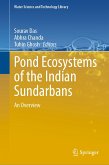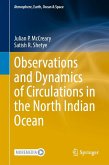This volume compiles recent research on phytoplankton primary productivity (PP) in the Indian Ocean to provide an understanding and consolidation of the driving mechanisms of PP variability in diverse oceanic ecosystems globally. The book aims to facilitate a holistic overview of the research carried out in this field in various oceanic realms such as Indian coastal and oceanic waters (estuaries, coastal waters, Bay of Bengal, Arabian Sea, Indian Ocean). The contents of this book also address the United Nations sustainable development goals i.e., SDG 13 (Climate Action) and SDG 14 (Life below Water), with a focus on the impacts of climate change oceanic ecosystems. The book can serve as a comprehensive baseline of information for researchers studying planktonic primary productivity and biogeochemistry-related research in the above-mentioned marine ecosystems and other global oceans. It is intended to attract the attention of researchers, professionals, undergraduate and graduate oceanography students, and policy makers in the field of marine sciences.
Dieser Download kann aus rechtlichen Gründen nur mit Rechnungsadresse in A, B, BG, CY, CZ, D, DK, EW, E, FIN, F, GR, HR, H, IRL, I, LT, L, LR, M, NL, PL, P, R, S, SLO, SK ausgeliefert werden.

